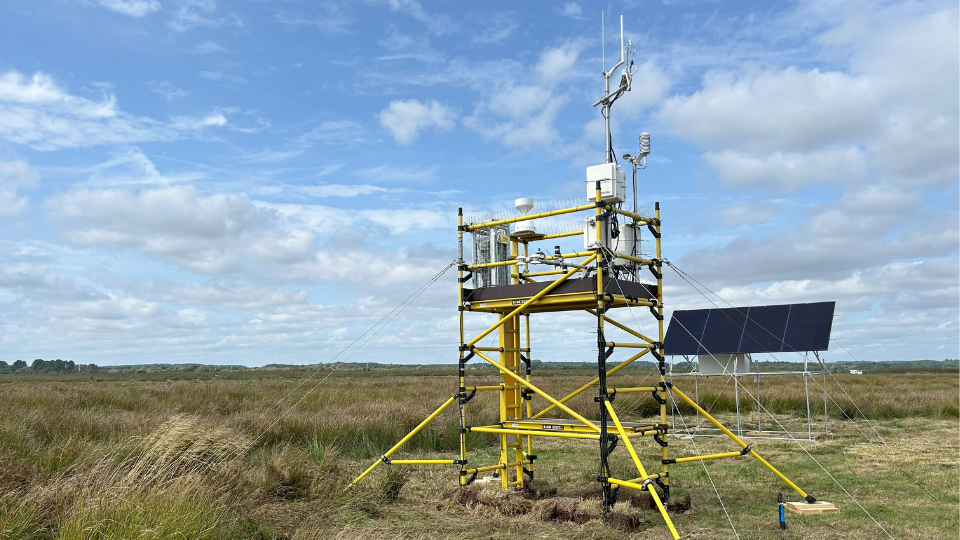Saltmarsh restoration planned for two river sites
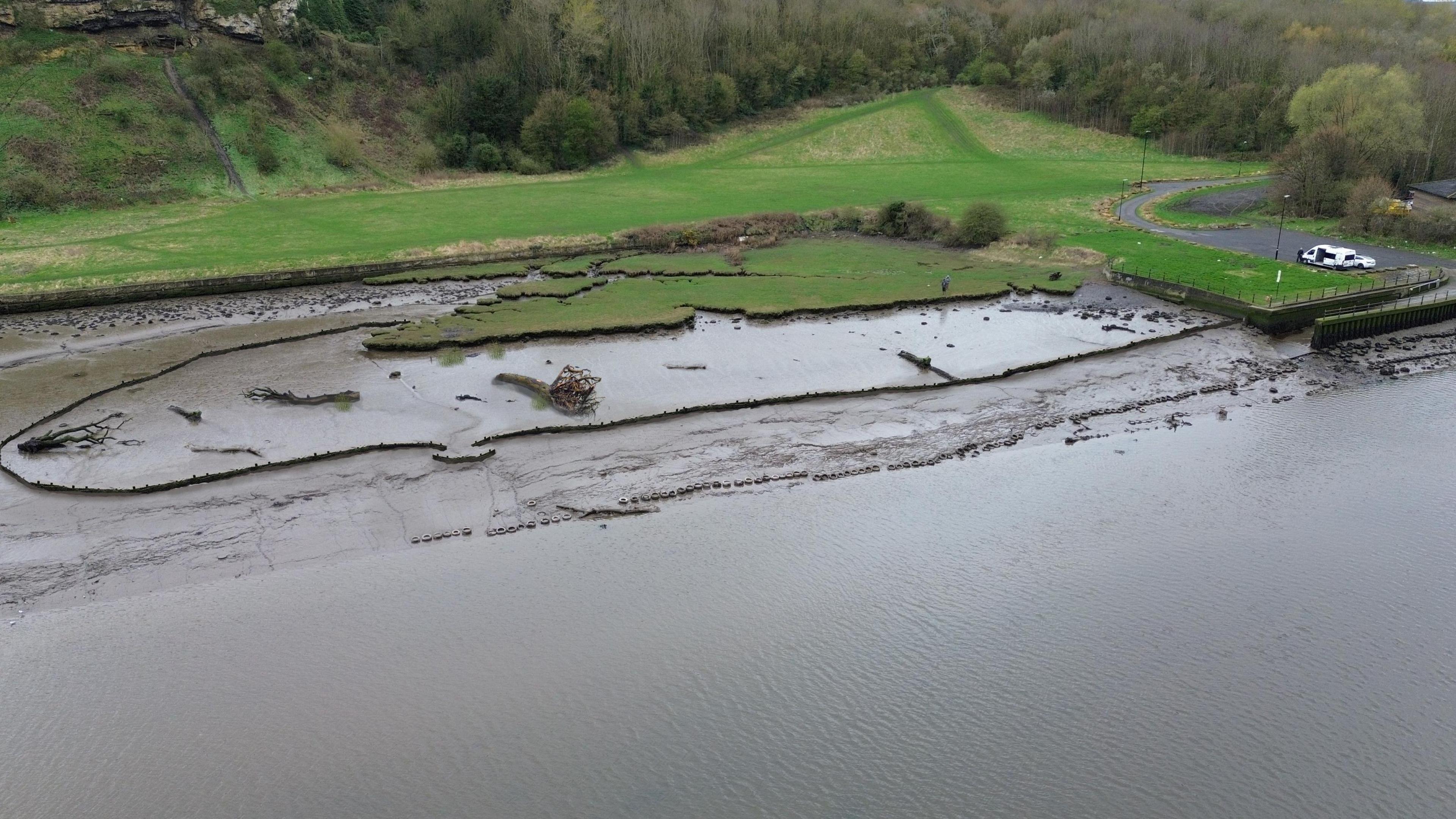
One of the sites identified is at Claxheugh Rocks
- Published
Saltmarshes could be restored to protect natural habitats on the banks of two rivers and help tackle climate change by storing carbon.
Environmental charity Groundwork North East & Cumbria has applied to Newcastle and Sunderland councils for permission for work at two sites on the rivers Wear and Tyne.
This would "compensate for centuries of heavy industrialisation" during which riverbanks were built on, the charity said.
Project manager Hellen Hornby said, although there were few places along the rivers where saltmarsh restoration could be carried out, the benefits could be "enormous".
Ms Hornby said: "We can’t remove quay walls, dock structures and other large industrial constructs, so finding these little pockets of land and trying to extend and improve what we have is crucial."
If permission for the projects is given, brushwood bundles secured with chestnut stakes would be installed along the foreshore.
This would slow the river flow, remove sediment from the water and allow mud, sand and silt to build up.
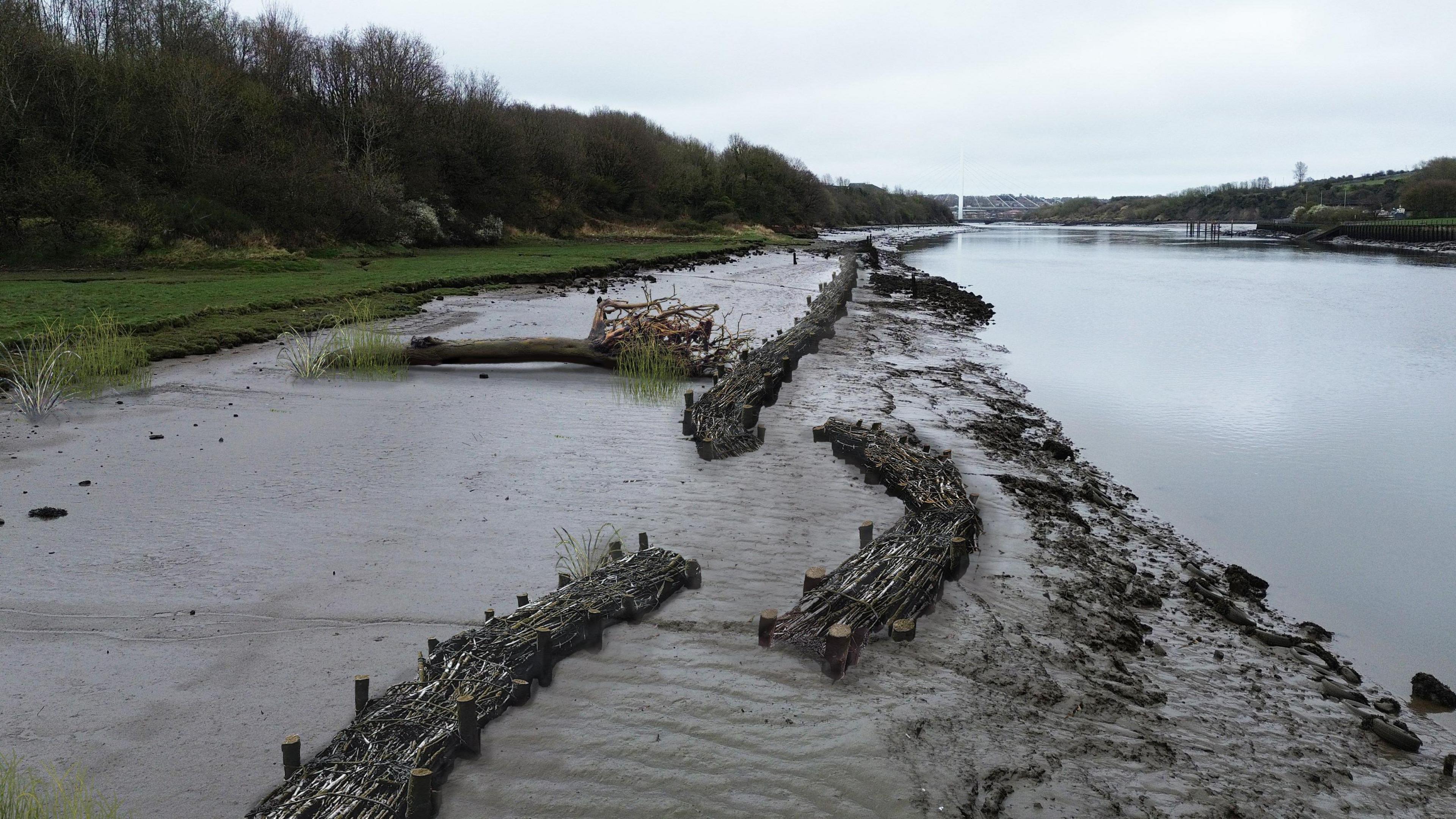
The site at Baron’s Quay and Claxheugh Rocks would be about double the size of the Newcastle site
The structures would then become buried and provide a home for fish, crabs and other marine life in the new saltmarsh, offering protection from predators, Groundworks said.
The project, funded by the Environment Agency (EA), was designed to reverse "centuries of decline" in seagrass meadows, saltmarshes and native oyster reefs across the country, it added.
The work in Newcastle is planned for an area of estuary opposite Newburn Industrial Park equivalent to about half the pitch at St James’ Park.
The Sunderland site, almost double in size, is at Baron’s Quay and Claxheugh Rocks.
EA planning officer Rebecca O’Connell said England had lost 85% of its saltmarsh, 50% of seagrass meadows and 95% of native oyster reefs.
Restoring ecosystems would help tackle the impacts of climate change and protect sources of sustainable food, she said.
Follow BBC North East on X, external, Facebook, external, Nextdoor and Instagram, external. Send your story ideas to northeastandcumbria@bbc.co.uk.
- Published19 October 2024
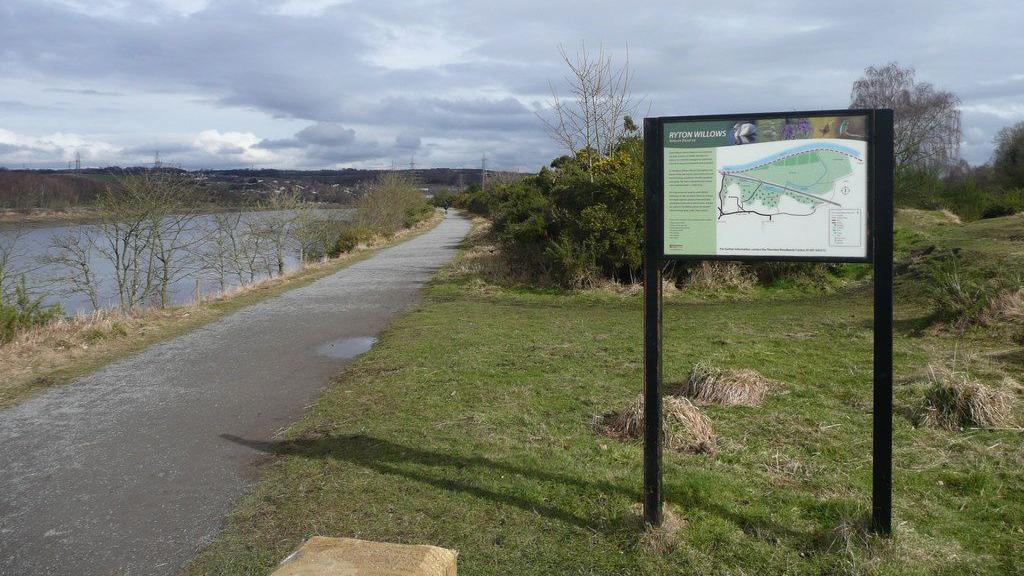
- Published9 August 2022
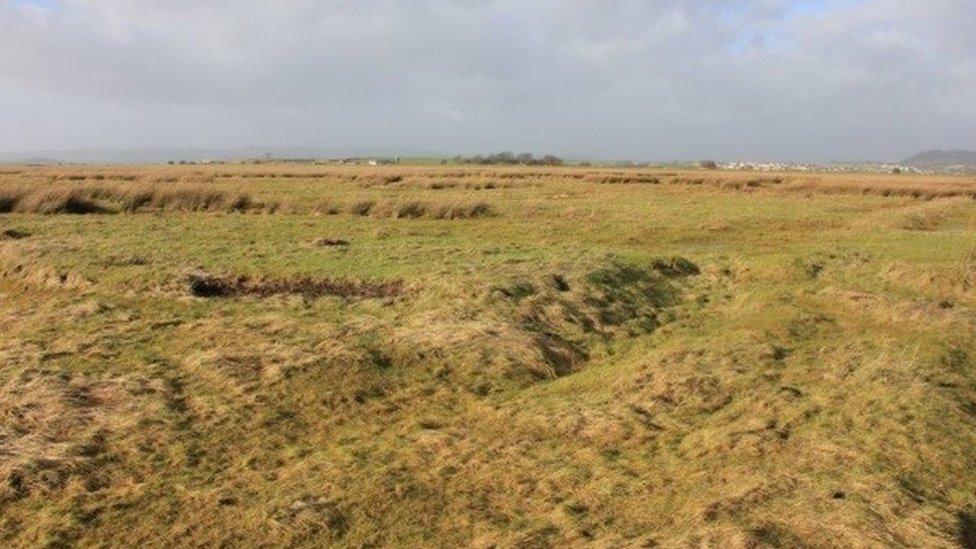
- Published17 October 2024
